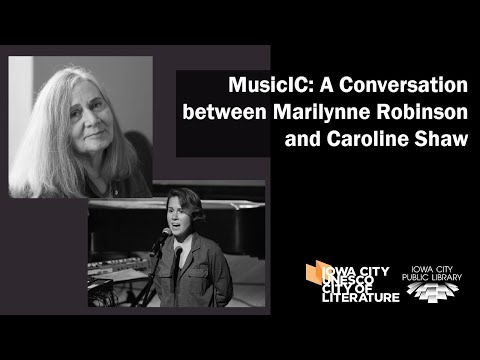"The Noble Moor and Honest Iago: Image and Reality in Othello", a lecture and presentation by Miriam Gilbert for Riverside Theatre in the Park 2014.
The value-laden adjectives, "noble" and "honest," are tossed around frequently in Shakespeare's play, and yet the action of the play forces audiences to question their meaning. What makes Othello noble, or what makes him seem noble? How is that label connected to the constant reference to Othello as an "other," namely "the Moor"? And why does everyone in the play, not just Othello, think of Iago as "honest" when the audience knows his scheming? How does Shakespeare create and then undermine these images of worth, and what finally are we to think of these men by the end of the play?




